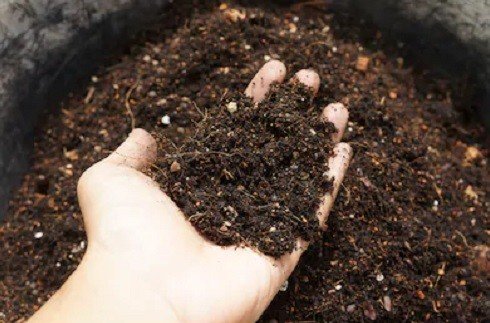Dr Ashish Kumar Bhutani, CEO, PMFBY was addressing a webinar on AI & Digital Applications in Agriculture, organized by FICCI and German Agribusiness Alliance.
Dr Ashish Kumar Bhutani, CEO, PMFBY and Joint Secretary (Credit), Ministry of Agriculture and Farmers Welfare, Govt of India said that the government is putting up a common data infrastructure of all the farmers in the country.
“PMFBY, PM-Kisan, the Soil health Card, are all being integrated through a common database along with land record details over the period of time. This will act as a one stop shop for data, including access to finance by farmers, start-ups, and researchers for developing new apps, so that the benefits reach the grassroots,” he added.
Elaborating on the PMFBY (Pradhan Mantri Fasal Bima Yojna), he said that since its launch, the scheme has been a radical shift in the way crop insurance is implemented in the country. It is the third biggest program in the world after the US and China’s programs. “Technology is the way forward for implementation of the program.
While highlighting the initiatives of the government, Dr Bhutani said that the biggest challenge is to increase the production by 50 percent over the next 20-30 years with limited scope of increase in the farming area. “The entire focus has shifted to using technology for managing the food security and other aspects of agriculture. AI can be effectively used in soil monitoring, predictive data analytics and improving supply chain inefficiencies. The National e-Governance project on agriculture, which has been revisited this year, has given focus on using information technology, AI, Machine Learning etc.”
Gagandeep Singh Bedi, Agriculture Production Commissioner & Principal Secretary, Govt of Tamil Nadu said that the state was one of the first in the country to adopt AI and implement it in farmer welfare programs. “The impact and utility of Digitization and AI are perhaps, more beneficial in the agriculture sector than any other sector. The young farmers are taking to digitization in a big way,” he added.
Prof Dr Engel Friederike Hessel, Commissioner for Digitization, Head of Directorate Digital Innovation, Federal Ministry of Food & Agriculture, Germany highlighted various initiatives adopted by the country using AI, which has brought a radical change in the agriculture sector. She said that digital technologies in the agricultural sector includes a high-performance and secure broadband infrastructure which is vital for rural areas. “We have already started put in place the autonomous driving mechanism in our system and AI can further help in resource efficiency,” she added.
Rajesh Raghavan, MD & Country Manager-India, Husqvarna India Pvt Ltd said that Artificial Intelligence is a game changer to the agrarian community and can play pivotal role in both the demand and supply aspects of agriculture. AI and allied digital applications can contribute to a sustainable precision farming from crop selection to crop monitoring, thereby improving the profitability of the farming community, he added.
Nitesh Bansal, SVP & Global Head of Engineering Services, Infosys stressed that advanced technologies such as IoT, Blockchain, AI & Robotics help agri-businesses gain insights on soil, water, weather and other conditions to help growers monitor crop health, reduce harvest losses and maximize yield.
TR Kesavan, Chairman, FICCI National Agriculture Committee & Group President, TAFE Ltd said that AI and digital technologies can connect farmers and markets thereby reducing on-farm and post-harvest wastages and ensuring demand. “Predictive agriculture, transparency, traceability and targeted, matrix-able & measurable process provides resilience in case of pest infection, diseases or natural calamities.
Julia Harnal, Chairperson, German Agribusiness Alliance & Vice President Global Sustainability and Governmental Affairs Agricultural Solutions, BASF SE said that digital technologies today are changing the face of agriculture, they have the potential to secure income for farmers and to make agriculture more resilient to climate change and future crises”.
“AI will play a crucial role in bringing efficiency and sustainability in Agribusiness models”, said Ashok Varma, Partner and Head Social Sector Advisory Practice, PwC.
Dilip Chenoy, Secretary General, FICCI emphasized that digital technologies hold enormous potential for agricultural sector and going forward, improving digital literacy among farmers and Identifying effective channels for dissemination of AI solutions among farming communities will be crucial.
Dr Ashish Kumar Bhutani, CEO, PMFBY was














